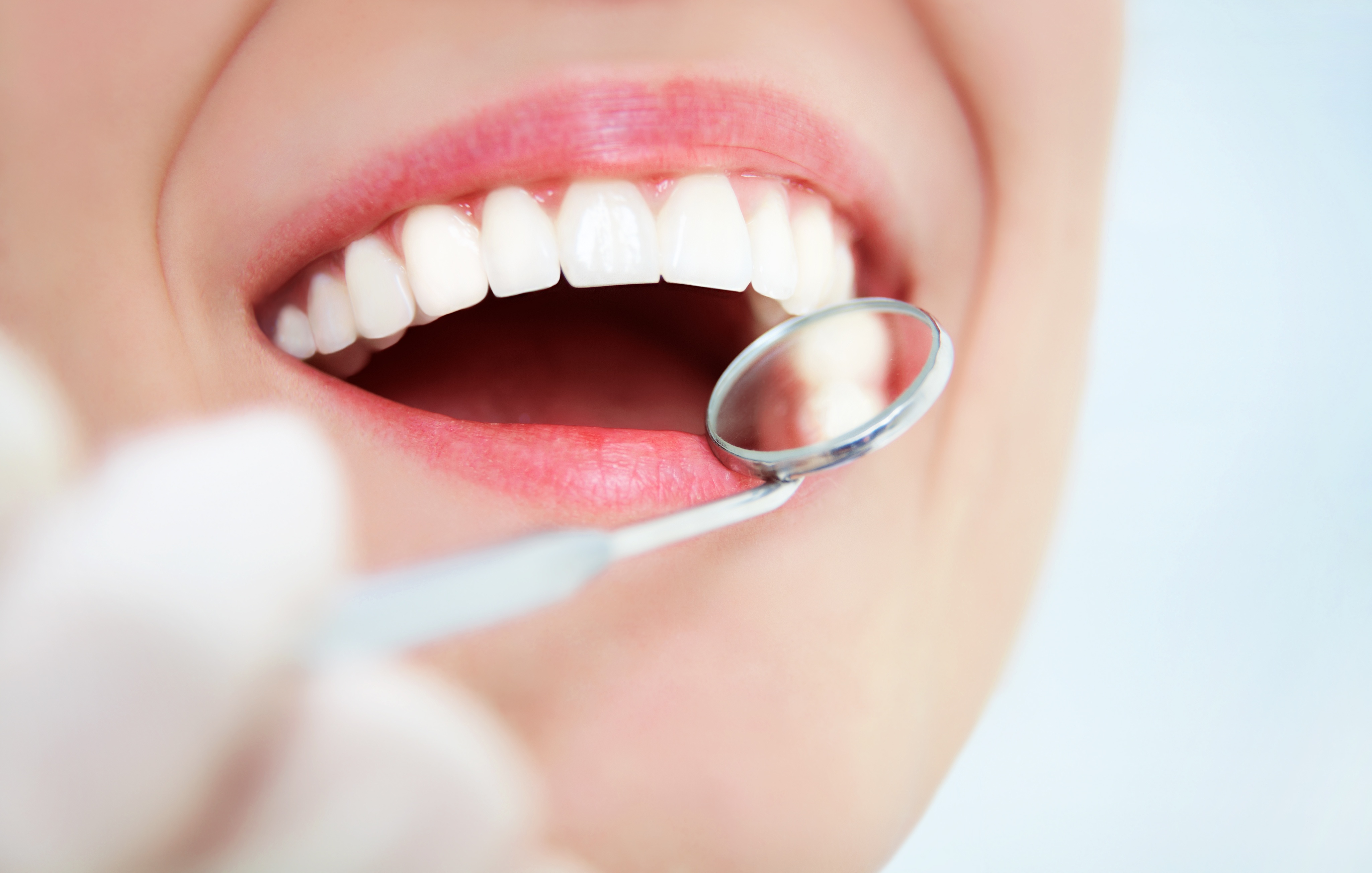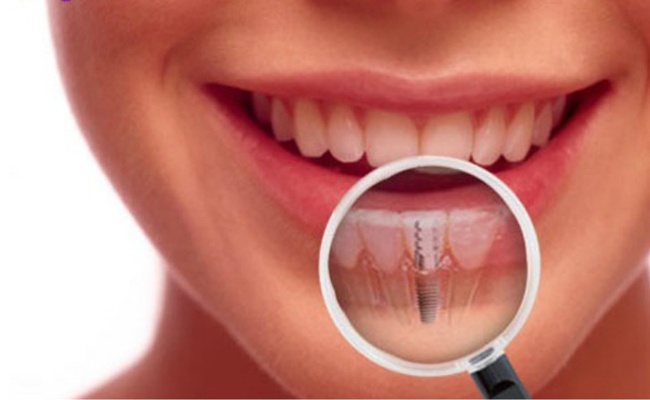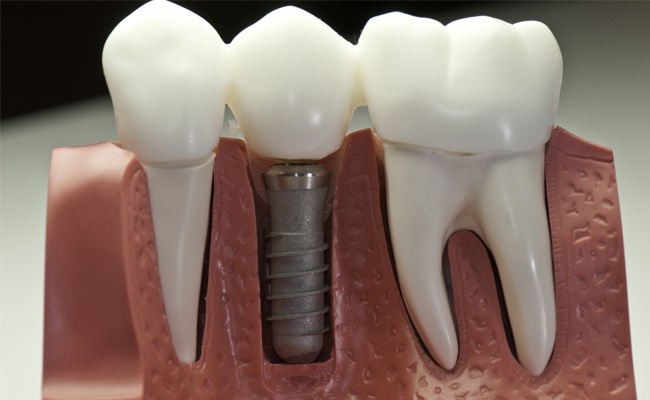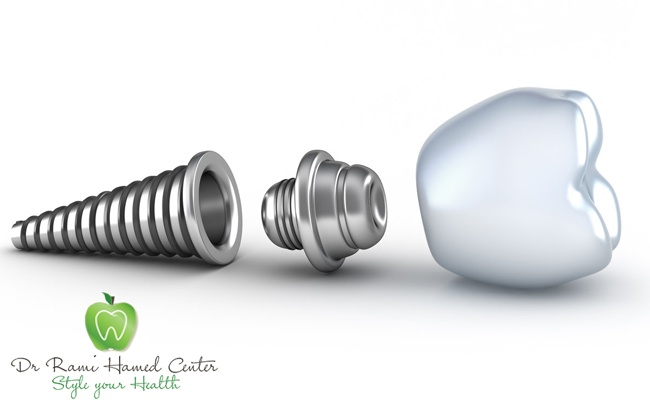How do I recognize mucositis and peri-implantitis?
Caution: Mucositis and peri-implantitis may develop without noticeable signs. This is why regular check-ups at the dentist are so important.
Mucositis and peri-implantitis are usually painless and are therefore often not recognised by patients. The most important alarm sign is an increased bleeding tendency of the gums.
The best way to notice this is when you brush your teeth when you see blood during rinsing or on the toothbrush or on the interdental brush or dental floss.
Mucositis and Peri-implantitis are difficult to detect. The gum is red, swollen and bleeding easily upon contact.
In the healing phase, this is normally normal. With very good oral hygiene, you can stop the bleeding and the healing of the tissue.
If you have your implants a while and you recognise a tendency to bleed, this may indicate mucositis or peri-implant. Possible further signs of inflammation include, besides the mentioned tendency to bleeding, a swelling of the mucous membrane as well as bad breath ( Halitosis ) or purely bad taste in the mouth. A visit to your dentist is also necessary if you notice an easing of your dentures or implants.
Check with your dentist at the best dental clinic in Dubai regularly.
Regular checkups by your dentist and professional dental / implant cleanings contribute to early detection and can prevent a peri-implant. Therefore, you should always take the control (recall) and look for your dentist between appointments if you find signs of inflammation.
Mucositis and peri-implant are hardly recognizable for you. Therefore, regular check-ups are important in the best dental clinic in Dubai. If you suspect an inflammation, you should visit us as soon as possible.






